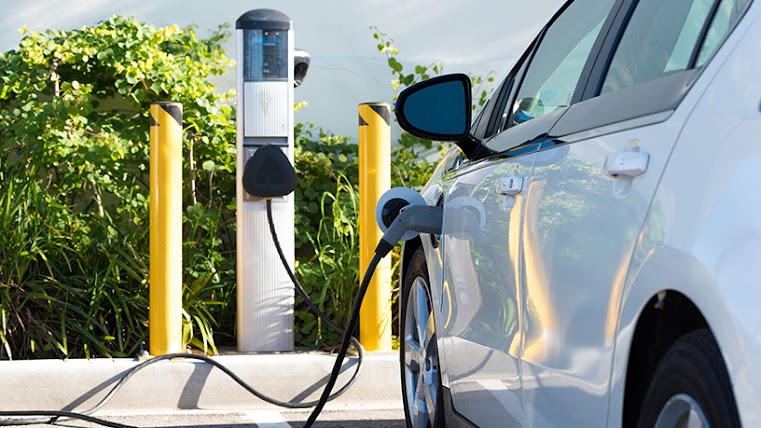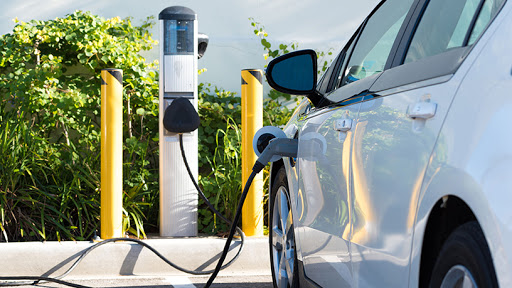South Africans want electric cars but they are still too expensive


Although there is demand for electric vehicles (EVs) from South African customers, the high prices are the biggest hurdle for the consumer.
This is according to the 2020 Electric Vehicle Buyers Survey, conducted by AutoTrader in partnership with smart mobility solutions provider
Generation.e.The study was conducted to understand potential buyers’ willingness to purchase an EV in SA, based on a sample size of 3 105 people who responded to AutoTrader’s questionnaire on its Web site.
The report, revealed yesterday at theSmarter Mobility Africa LIVEevent, found the main areas which require serious attention to create favourable conditions for the EV industry in SA, according to respondents, are: high cost of purchase (64.9%), lack of national charging infrastructure (61.2%), charging time (59.6%) and the impact of load-shedding (54%).
Other issues which deter consumers from investing in EVs are range anxiety and high import tariffs as a result of the lack of government subsidies, it notes.
“According to the study, based on current activity, South Africans are still a long way off on the adoption of EVs, not because we don’t want to own electric vehicles, but because of affordability,” said George Mienie, CEO of AutoTrader, during his presentation.
See also
“High import duties as well as the lack of government subsidies make EVs substantially more expensive than the average internal combustion engine (ICE) vehicle. This places EVs out of reach for many South Africans.”
There is an estimated 1 000 EVs on South African roads at the moment, with the pace of adoption being much slower than in other parts of the globe.
Last month, BMW Group’s all-electric Mini Cooper SE was the fourth EV model introduced in SA. Jaguar Land Rover’s Jaguar I-Pace, the Nissan Leaf and BMW’s i3 have been introduced locally in the last few years.
EVs in South Africa have had the added disadvantage of incurring substantial taxes – with ICE imports at 18% vs EV imports at 25%, addedMienie, which aided in driving the cost of an EV to more than double that of the average price of a new ICE vehicle in SA.
Apart from the need to reduce high taxes on EVs through tax incentives, the cost of EVs will begin reducing in the coming years withan increase in the rate of adoption; technology
innovation, particularly battery technology; and local manufacturing, says the study.“The reality is that globally and within the borders of SA, there is demand for EVs as a result of environmental concerns, the requirement of greener mobility and impending global regulations which impact the local automotive market,” Mienie pointed out.
Consumers were further asked what the main advantages of electric vehicles are, to understand what attributes were most important. Environmental factors ranked at the top of consumers’ concerns (80.5%), followed by cheaper running costs (54.9%), less noise pollution (41.1%), better performance (8.5%) and positive image (6.4%).
Governments across the globe are increasingly introducing policies to ensure an uptake in EV purchases, in efforts to reduce carbon emissions.
Norway is the world’s biggest EV market. The country has long been hailed as a leader in the race to adopt electric cars, with battery electric vehicles at 30% of market share, with plug-in hybrids at 19%. This is largely attributed to the country’s many incentives and tax benefits for EV owners.
The UK government has stipulated that 60% of all cars and small vans need to be electric vehicles by 2032 and completely carbon-free by 2035.
SA’s Department of Trade and Industry isin talkswith local car manufacturers on providing support for import and local production
of electric and hybrid vehicles in SA.Sufficient charging sources
Contrary to popular belief, SA has enough charging infrastructure to support EVs driving nationally, says AutoTrader.
Motorists can drive from Johannesburg to Cape Town in a third or even second generation electric car with the ability to charge along the way. On the N1, N2, N3 and N4 there is no distance between charging stations larger than 200km, says the survey.
Mienie warned the local automotive industry is incredibly important as it contributes almost 7% to SA’s GDP. Unfortunately, the policy framework has not been able to keep up with the ever-changing consumers and industry stakeholder trends.
“A mind-shift needs to take place and is vital for adoption of EVs to take place in SA. If we don’t move faster, our fleet of ICE vehicles will age. This will force us to have to import as we wouldn’t have enough time to train and build businesses and services around EVs. Imports directly and negatively impact the price of EVs, reducing consumer demand for EVs, further ageing the ICE fleet,” concluded Mienie.


